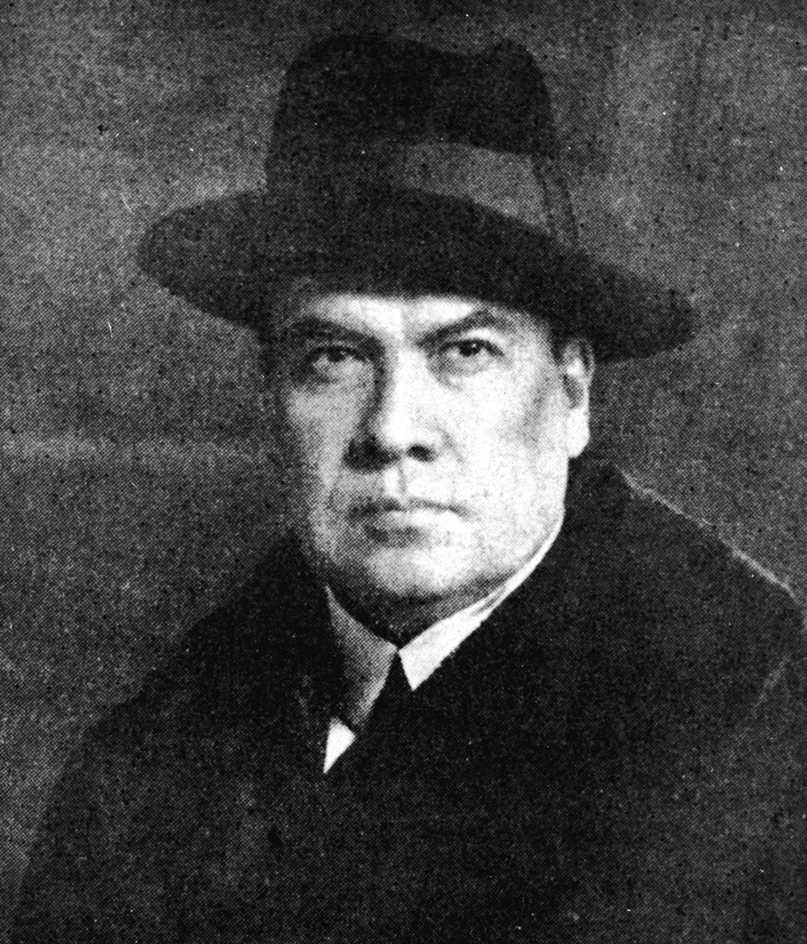Darío, Rubén << dah REE oh, roo BAYN >> (1867-1916), was the pen name of Félix Rubén García Sarmiento, one of the most important poets to write in Spanish. Darío was the major figure among Spanish-language authors associated with the literary movement Modernism.

A collection of verse and prose called Azul … (1888) established Darío’s reputation. The verse brought a new rhythmic beauty to literary Spanish. Considered even more innovative are the short prose selections, which stress description over narration and sensory appeal over statement. In Profane Prose (1896), Darío perfected his poetic technique. The poems feature unusual rhythmic patterns and sound effects, scholarly references, and luxurious settings.
In Songs of Life and Hope (1905), Darío retreated from his earlier ornamental, artful poetry and sought a plainer, more down-to-earth form of expression. This collection includes poems about human doubt and sadness and verse of social commentary. In Wandering Song (1907), he continued to move toward poetry that responded more directly to common human problems.
Darío was born in Metapa (now Ciudad Darío), Nicaragua, on Jan. 18, 1867. He held several diplomatic posts, including Nicaraguan consul in Paris and minister to Brazil and Spain. Darío died on Feb. 6, 1916.
See also Latin American literature (Modernism).
